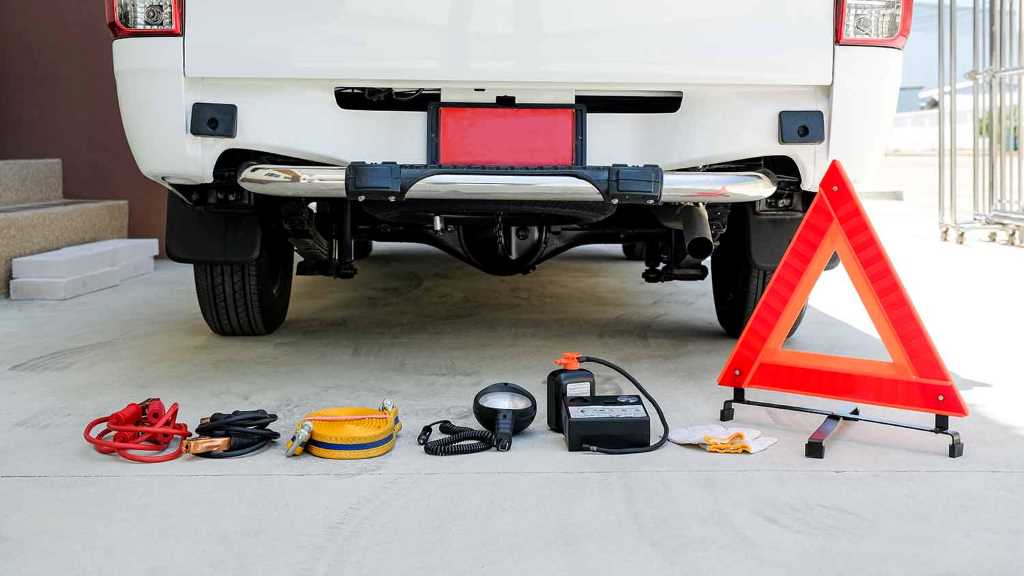California lemon law – known as the Song Beverly Consumer Warranty Act – exists to protect CA consumers after they’ve been sold a faulty vehicle.
When we think of a vehicle being produced in a factory by a global automaker, we expect nothing less than perfection. These companies have spent decades refining their workflows and quality assurance protocols to guarantee their products function adequately.
But unfortunately, mistakes happen – even with big auto brands.
To give you an idea, more than 31 million vehicles were recalled in 2020 alone – according to the National Highway Traffic Safety Administration.
When a manufacturer sells a defective vehicle, they are putting you and other drivers at risk. They must be held accountable. In this post, we want to explain what the next steps are after being sold a lemon.
What Qualifies a Lemon in California?
Lemon law exists across the United States – but the law has special requirements based on the state the vehicle is sold/registered in.
In California, a vehicle can be ruled a lemon if:
- The vehicle has a substantial defect that impairs its safety, value, or functionality and is covered under the manufacturer or dealer warranty.
- The defect was not a result of driver abuse.
- The manufacturer has been given a reasonable number of repair attempts (usually at least two) to fix the warranty-covered defect.
or
- The vehicle has been out of service for warranty-covered repairs for more than 30 total days.
Keep in mind: the vehicle MUST be taken to a manufacturer-certified repair facility. Taking the car to your trusted family mechanic can void the warranty – and ruin your claim.
If you have the documentation to prove your vehicle meets these qualifications, you can pursue a California lemon claim – with the help of a lemon law lawyer. The process usually takes at least a month, if the claim doesn’t go to trial.
Once you win the case, there are several steps that must be taken to earn justice for being sold a defective vehicle. Let’s discuss.
Choose a Buyback or a Replacement
The first step after winning your claim is choosing between a buyback or a replacement.
Buyback
A buyback is a complete refund of the vehicle by the manufacturer. This includes:
- The original down payment you made on the vehicle
- All monthly payments made
- The remaining balance of the loan
- Registration fees
- State taxes paid
The manufacturer is allowed to deduct a mileage offset from the buyback amount. This is to account for the vehicle’s depreciation based on the miles driven before the issues began. This amount is calculated by:
(The vehicle’s sales price) X (Miles driven prior to the first repair attempt) / (Estimated lifetime mileage of a vehicle)
In California, the estimated lifetime mileage of a vehicle is 120,000.
Let’s plug in some numbers.
Say the vehicle was purchased for $20,000. It was driven 5,000 miles when the vehicle was brought in to the manufacturer for repairs.
($20,000) X (5,000) / (120,000) = $833.33
The manufacturer is not responsible for any late fees applied to the loan due to delinquent payments. They are also not responsible for any aftermarket items added to the vehicle.
Under lemon law in California, manufacturers are legally required to provide a buyback if you win the claim.
Replacement
If you are loyal to your automaker and would like to stick with the brand, you may request a replacement of the same model and year – or a vehicle of the same value. However, unlike a buyback, manufacturers are not legally required to provide a replacement for a lemon. Both you and the manufacturer must agree to this.
Get Reimbursed for All Incidental Costs and Legal Expenses
A lemon law buyback involves more than just a refund for the vehicle itself. After you win the case, the manufacturer is required to pay for all incidental costs stemming from the lemon.
Incidental costs include (but are not limited to):
- Towing costs
- Cab fares
- Rental cars
- Hotel stays
- Meals
- Lost wages
This is where you really need to be good about keeping receipts, as you can recoup every penny in the settlement.
In addition to incidental costs, the manufacturer is required to pay for all your attorney fees and court costs. A good lemon law lawyer will work on a contingency fee agreement. This means they make a percentage of the settlement paid out by the manufacturer – after the case is won.
In other words, a trustworthy lemon attorney will not ask for any out-of-pocket costs – meaning ANYONE can afford to hire a skilled lemon law lawyer.
Push for a Fast Payout
When you win a lemon law claim, the manufacturer is required to pay the settlement quickly. Ideally, you should get your payout within a few weeks of winning the case. But automakers have no problem creating obstacles to drag out the process.
It’s common for manufacturers to dispute the total amount they owe you. This is why it’s so important to have a skilled lemon law lawyer on your side. To reiterate, lemon law attorneys make a percentage of the total amount the manufacturer pays out. They will be doing everything possible to earn the maximum buyback as quickly as possible.
Manufacturers have all sorts of tricks up their sleeves to avoid refunding consumers. Seasoned attorneys will see these coming from a mile away – and manage them accordingly. If the automaker is taking too long, your lawyer may push for a civil penalty payment.
While your attorney will do the heavy lifting in making sure the manufacturer pays, you need to help them however possible. This will usually be in the form of providing documentation. Make a habit of asking your attorney how you can help speed up the process.
Over to You
Winning a lemon law claim is a huge relief. But the journey is far from over. Reaching a settlement and putting the debacle in the rearview mirror is easier said than done. Hopefully, this post has given you an idea of what lies ahead after a California lemon law claim.
If you have any questions regarding a defective vehicle – or lemon law – don’t be intimidated to reach out to a local lemon attorney. Most know you’re in this situation for the first time. Even if you don’t have a case (yet), they’ll more than likely be happy to point you in the right direction.








